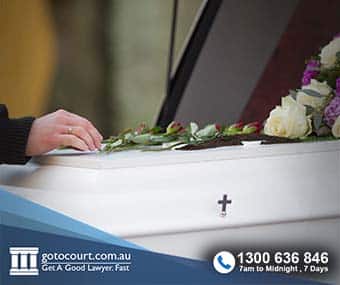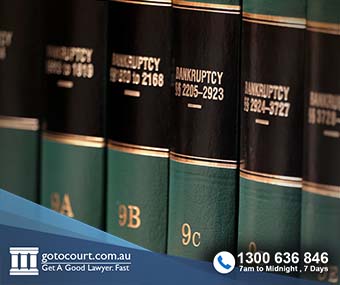Grounds for Contesting A Will
Grounds for Contesting A Will
This article outlines the grounds on which a person can contest a will in Australia. Legislative provisions in each state and territory allow a claimant to dispute a will by making a claim against the deceased estate. This provision is limited to eligible persons who have appropriate and sufficient grounds for a claim within the relevant time limit. A claimant who is contesting a will must demonstrate that the will-maker had a moral duty to make provision for them and that the claimant is in need of financial support. This article outlines the grounds for contesting a will in Australia.
What Does Contesting A Will Mean?
In Australia, a will can be disputed either through a challenge to its validity or through a contest of the provisions contained in the will. A person may contest a will if a testator unjustly excluded them from the will, or made inadequate provision for them. A person contesting a will does so through a claim to the Supreme Court known as a Family Provision Claim. The court is empowered to redistribute the estate to benefit the claimant if there are sufficient grounds for doing so.
Grounds For Contesting A Will In Australia
Anyone considering contesting a will needs to ascertain whether they have sufficient grounds for doing so. They should ask themselves the following questions.
1. Are they an “eligible person” under relevant succession legislation?
2. Has the testator failed to make fair provision for them?
3. Do they have a legitimate financial need for provision from the deceased estate?
4. Is there time to make the claim within the statutory time limits? If not, do they have sufficient justification for a late application?
Eligibility For Contesting A Will
Only an eligible person may have grounds for contesting a will in Australia. A person’s eligibility is established by succession legislation in each jurisdiction, so who is eligible depends on the location. There are, however, some shared eligibility principles. De facto partners and spouses and dependent children always have a right to contest the deceased’s will. The other statutory categories are based on characteristics of kinship or dependence. A claimant needs to consult a lawyer to find out if they fit into any of the eligibility categories.
Grounds For Contesting A Will: Inadequate Provision
It is essential for anyone contesting a will to establish that the testator had a responsibility to provide for them in their will. This is usually established through kinship (ie the claimant is their spouse or child) or dependence (the testator has previously financially supported the claimant). Not only does the testator have a duty to provide for the claimant, but they are also required to make “adequate” provision given the size of the estate and the financial needs of the claimant. For instance, if a testator left a sizable estate but made only a minimal bequest to a dependent child, that child has grounds for contesting the will.
Grounds For Contesting A Will: Financial Need
A claimant must show the court that they are entitled to financial support from the testator and that their circumstances mean that they require financial support. The claimant needs to provide evidence to the court of their assets and salary and any other sources of income and support. A claimant who can easily pay their bills and maintain their lifestyle is probably not in need of financial assistance from the estate. On the other hand, a claimant who has financial problems and has relied on the deceased’s support to manage their affairs has more cause to make a claim. Another relevant factor is whether the claimant suffers from any conditions that can hinder their capacity to earn a living or increase their basic costs of living. For instance, if the claimant has a disability that affects their ability to work that would demonstrate financial need and amount to grounds for contesting a will.
The court must be convinced that the claimant’s financial need is greater than the needs of the existing beneficiaries who would be disadvantaged by a redistribution of the estate, or that making a provision to the claimant would not adversely affect other beneficiaries.
Time Limits for contesting a will
Even if a claimant has grounds for contesting a will, they can only do so within time frames set under the legislation. These deadlines vary according to where the estate is located, from three months in Tasmania to twelve months in NSW. A claimant may be able to make a claim after the deadline if the court finds that their reasons for making the application late are reasonable.
It can be difficult to know whether you have a strong claim against a deceased estate. Please contact Go To Court Lawyers for advice if you require advice or representation in any legal matter.

Affordable Lawyers
Our Go To Court Lawyers will assist you in all areas of law. We specialise in providing legal advice urgently – at the time when you need it most. If you need a lawyer right now, today, we can help you – no matter where you are in Australia.How It Works




1. You speak directly to a lawyer
When you call the Go To Court Legal Hotline, you will be connected directly to a lawyer, every time.

2. Get your legal situation assessed
We determine the best way forward in your legal matter, free of charge. If you want to go ahead and book a face-to-face appointment, we will connect you with a specialist in your local area.

3. We arrange everything as needed
If you want to go ahead and book a fact-to-face appointment, we will connect you with a specialist in your local area no matter where you are and even at very short notice.





























